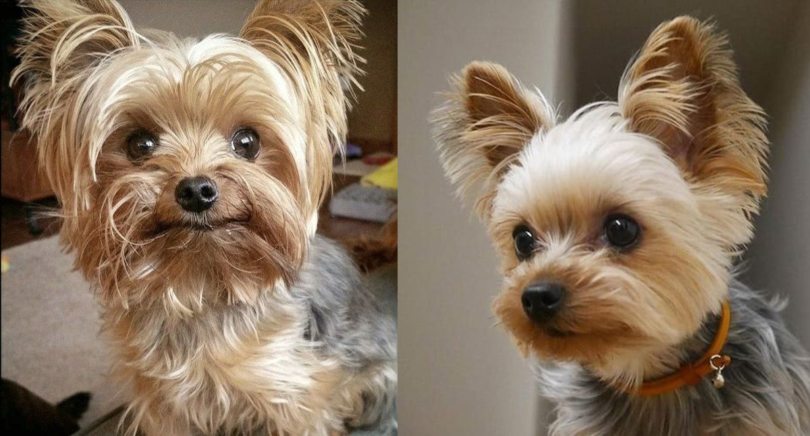Are you wondering what are the things you think your dog loves but actually hates? Read on to find out 6 surprising things.
Dog ownership is a rewarding experience that comes with its share of responsibilities. As devoted dog parents, we often think we know exactly what makes our furry friends tick. We cuddle them, feed them special treats, and even talk to them in ‘baby voices’ because we think it makes them happy.
But what if some things we believe are making our dogs happy are actually doing the opposite? Here are six common misconceptions that could be causing your canine companion more stress than joy.
6 Surprising Things You Think Your Dog Loves, But Actually Hates
1) Hugs and Tight Embraces
Who doesn’t love a good hug? Humans find physical touch comforting, and it’s natural to think our dogs would feel the same.
However, most dogs do not like being hugged. Hugging, from a dog’s perspective, can feel restrictive and threatening. In the wild, placing a limb over another animal signifies dominance.
Many dogs feel trapped during hugs and may display signs of stress, such as pinned-back ears or lip-licking. Instead of hugging, show your affection by petting or using a calming touch on the neck or shoulders. Observe your dog’s body language carefully to ensure you’re making the experience enjoyable.
2) Using a ‘Baby Voice’
Talking to cute things in a high-pitched, exaggerated tone is almost instinctive. Many dog owners believe using a ‘baby voice’ is comforting or more engaging for their pets. However, research shows that while puppies may respond positively to a higher pitch, adult dogs don’t necessarily prefer it.
In fact, using a consistent, calm voice is more effective for giving commands and creating a sense of security for your dog. Save the baby talk for human babies.
3) Overfeeding with Treats
Treats are a common way to reward good behavior and bond with our dogs. But just as humans can suffer from overindulgence, so can dogs.
Overfeeding with treats can lead to obesity, digestive problems, and even behavioral issues if your dog starts to expect a treat for every little thing. Use treats sparingly and focus on other forms of positive reinforcement like verbal praise or extra playtime.
4) Intense Eye Contact
Making eye contact is often interpreted as a sign of confidence and attentiveness in human interactions. But prolonged eye contact is a sign of challenge or confrontation in the dog world.
While some well-socialized dogs may tolerate eye contact, many find it intimidating. Instead of maintaining a fixed gaze, try blinking softly when you look at your dog or turning your gaze away occasionally to show that you mean no harm.
5) Overexcited Greetings
As soon as you step through the door, your dog probably greets you with boundless energy and wagging tails. You might feel compelled to respond with an equally high-energy greeting, lifting your dog off its feet or showering it with enthusiastic pats.
However, such extreme welcomes can overstimulate your pet and set a frenzied tone for their energy levels for the rest of the day. A calm, controlled greeting reassures your dog and helps maintain a balanced energy level in your home.
6) Rough Play
Many dog owners enjoy roughhousing with their dogs, interpreting the pet’s excited behavior as a sign of enjoyment. While some play fighting can be fun and beneficial for dogs, it’s crucial to understand when it becomes too much.
Excessive rough play can lead to unintentional injuries, promote aggression, or make the dog anxious. Always be mindful of your dog’s body language during playtime, and know when to dial it down.
Conclusion
Being attuned to your dog’s needs and preferences is essential for building a strong and loving relationship. While it might be tempting to shower them with hugs or share your dinner, remember that dogs have different ways of perceiving the world.
Always prioritize their comfort and consult with a veterinarian for tailored advice. By taking the time to understand what truly makes your pet happy, you’ll be a step closer to being the best dog parent you can be.
We hope this post helped you learn the 6 surprising things you think your dog loves, but actually hates.

